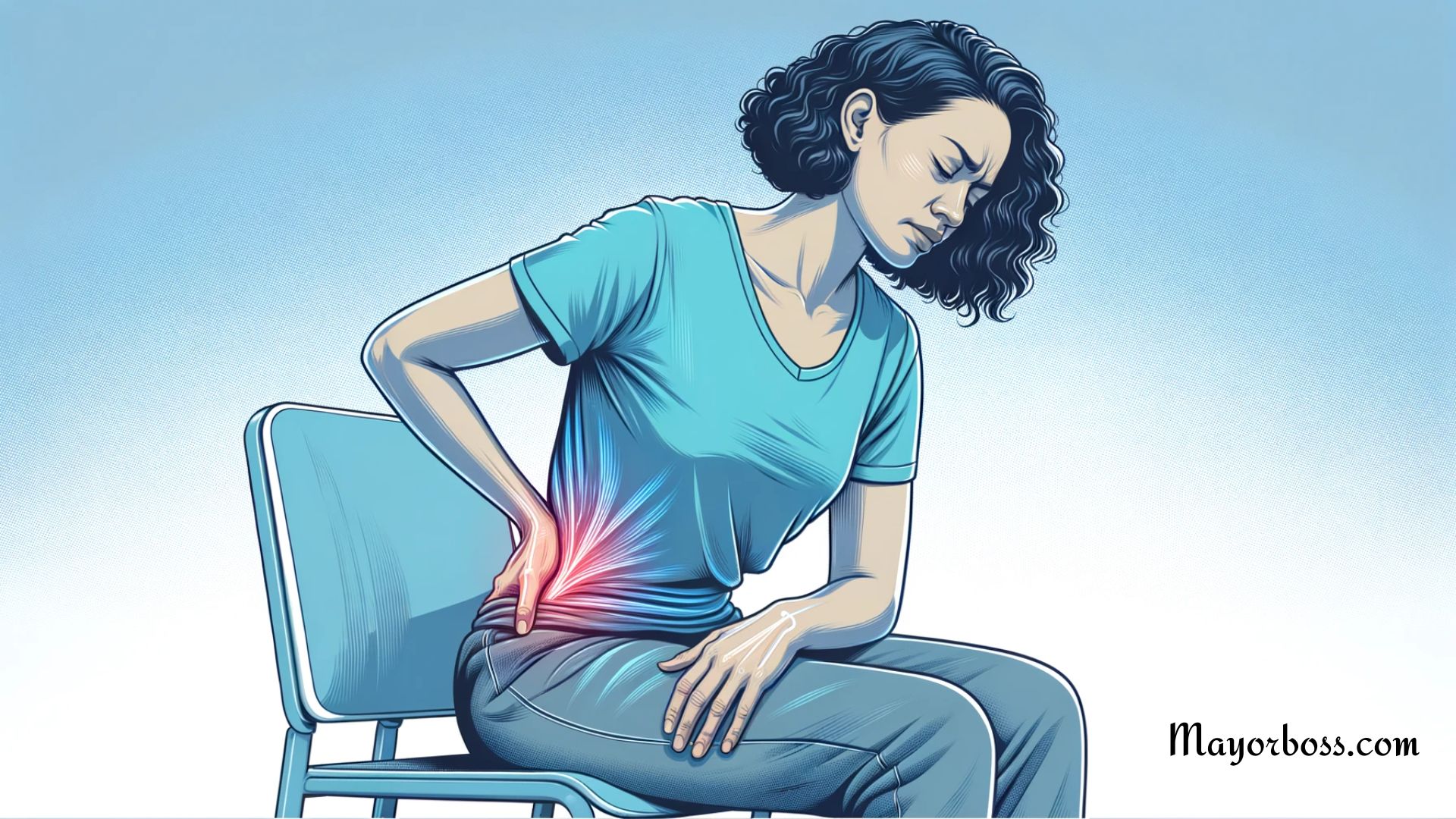What Causes Muscle Spasms and How to Stop Them
Muscle spasms, (popularly called muscle cramps) can catch you off guard, causing a sudden tightness and pain that can be both surprising and uncomfortable. You might know them by their more common name: “Charley horses.” So, why do they happen, and more importantly, how can you show them the door?

What Triggers Muscle Spasms?
Muscle spasms, those involuntary contractions of your muscles, usually strike when you least expect them. They can happen for a variety of reasons:
Dehydration and Electrolyte Imbalance
When you’re dehydrated, your muscles can become irritable and more prone to cramping. Electrolytes, like potassium, calcium, and magnesium, are key players in muscle function. If these are out of balance, your muscles might protest with a spasm.
Overuse and Muscle Fatigue
Pushing your muscles too hard during exercise can lead to fatigue, which can set the stage for spasms. This is your muscle’s way of telling you it’s time to take a break.
Poor Circulation
If your muscles aren’t getting enough blood flow, they may cramp up. This can often happen if you stay in one position for too long.
Medications
Certain medications, especially those for lowering cholesterol (like statins) or high blood pressure, may have muscle spasms as a side effect.
Stress
Muscles that are stressed may tighten up, leading to a spasm. This is why you might experience a neck or back spasm after a long day at work, especially if your job is physically demanding.
Medical Conditions
Certain conditions, such as nerve disorders or a spinal cord injury, can contribute to muscle spasms. In these cases, your body’s normal nerve signals to your muscles are interrupted, which can cause the muscles to contract uncontrollably.
How Can You Stop Muscle Spasms?
Now that you know some common triggers, let’s talk about how to relax your muscles and put a stop to the spasms.
Stay Hydrated and Maintain Electrolyte Balance
Make sure you’re drinking plenty of fluids, especially if you’re active or it’s hot outside. Including electrolyte-rich foods in your diet, such as bananas or avocados, can also help keep those spasms at bay.
Stretch and Massage
Gently stretching the affected muscle can often provide immediate relief. Massaging the muscle can also help by increasing blood flow and easing the tension.
Apply Heat or Cold
Using a warm towel or heating pad can relax tight muscles and improve blood flow, which may stop the spasm. Alternatively, for a muscle that’s sore after a spasm, applying ice can reduce inflammation and numb the pain.
Pickle Juice
Although it might sound a bit unusual, pickle juice has been touted as a quick fix for muscle spasms. This is not just an old wives’ tale; in fact, some studies have suggested that the vinegar in pickle juice may help to stop muscle spasms in their tracks.
The theory is that the vinegar could help to trigger a reflex when it hits the back of the throat, which then sends a signal to stop the muscles from contracting. Additionally, the salt in pickle juice helps to replenish electrolytes quickly.
Topical Creams
When a muscle spasm strikes, reaching for a topical cream might provide some relief. These creams and ointments often contain ingredients like menthol or capsaicin, which can produce a cooling sensation or a gentle warmth, respectively. This can distract your nerves with a different sensation, thus easing the spasm.
Topical treatments can also improve blood flow to the area, which helps the muscle relax and recover more quickly.
Nutrition
Ensure your diet includes enough potassium, magnesium, and calcium. These minerals are key in preventing muscle spasms.
Gradually Increase Exercise Intensity
Instead of jumping into a high-intensity workout, gradually build up your endurance. This approach gives your muscles a chance to adapt and strengthen them, which can help prevent cramping.
Manage Stress
Relaxation techniques like deep breathing, meditation, or yoga can reduce stress and help prevent muscle spasms.
Consider Medications or Supplements
Doctors might suggest muscle relaxants, pain medication, or supplements like salt tablets, magnesium, or vitamin B-12 for frequent cramps, especially if they believe you lack essential electrolytes or vitamins. However, talk to your doctor to know what medications or supplements you need.
Evaluate Your Posture
Sometimes, a good look at how you sit or stand can give you clues on preventing muscle spasms. Poor posture can lead to muscle tension and cramping, so keep your posture in check.
If you frequently experience muscle spasms, especially if they don’t improve with these self-care measures, or if they’re very painful, you should see a doctor. They can help determine if there’s an underlying condition that needs to be treated.
